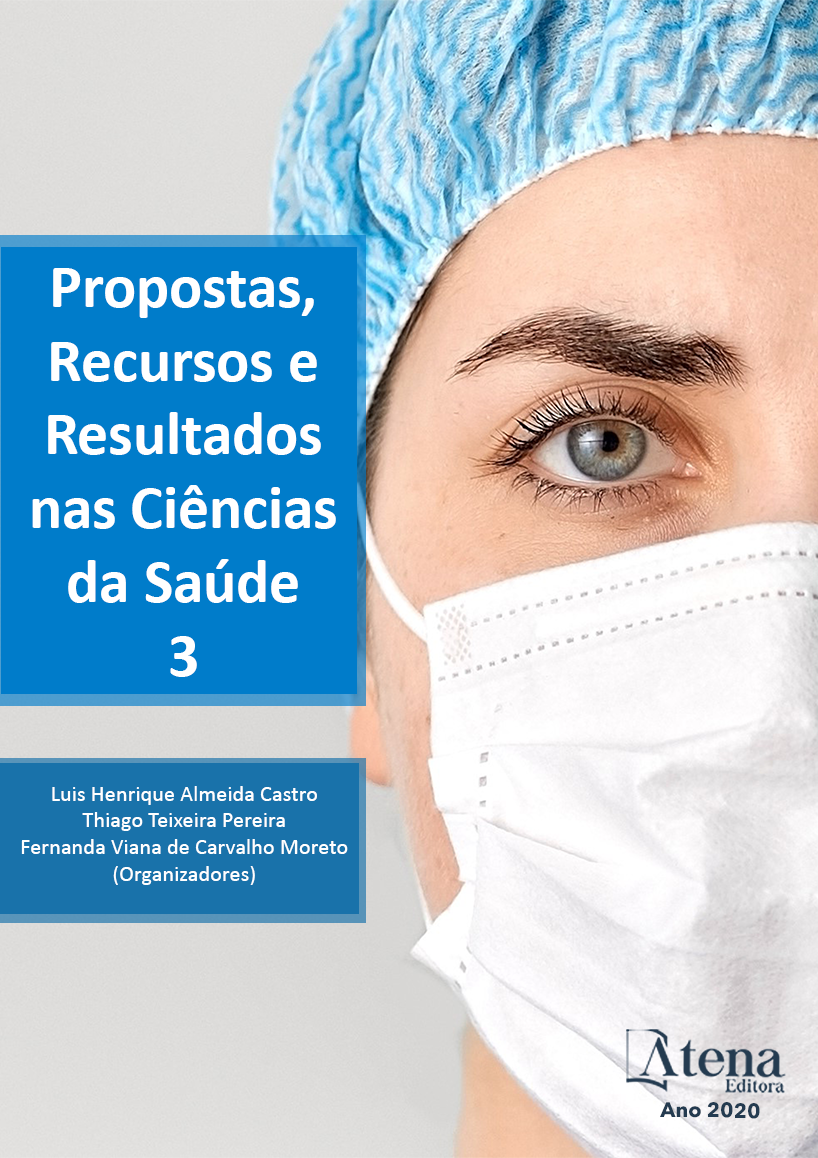
A IMPORTÂNCIA DO EDUCADOR FÍSICO NAS INSTITUIÇÕES DE LONGA PERMANÊNCIA
A população brasileira está envelhecendo e esse fenômeno ocorre em outros países no mundo, entretanto, existem diferenças entre os fatores que ocasionaram este processo nos países desenvolvidos e nos subdesenvolvidos. No Brasil, o avanço científico e tecnológico na área da saúde, e a diminuição no número das taxas de natalidade e de mortalidade estão entre os fatores desencadeantes do aumento da expectativa de vida da população. Nesse cenário, surgem as instituições de longa permanência para idosos (ILPIs), como alternativa de proporcionar o cuidado especializado e constante. Dentre os profissionais recomendados a compor a equipe técnica das instituições estão os educadores físicos, que estimulam a prática de exercícios físicos como um dos principais fatores de promoção da saúde, manutenção da capacidade funcional, independência e autonomia do idoso. O objetivo desse estudo foi realizar um levantamento na literatura cientifica sobre a importância do profissional educador físico na qualidade de vida desses idosos. Foi possível concluir que é importante não somente aumentar os anos vividos pelos idosos, mas também as condições físicas, psicológicas e sociais. E que é importante reconhecer o papel do profissional de educação física como membro da equipe multidisciplinar das instituições de longa permanência para idosos, afim de contribuir na manutenção da capacidade funcional e força muscular, autonomia, e independência na realização das atividades de vida diária, na qualidade de vida e na prevenção de condições e de doenças crônicas.
A IMPORTÂNCIA DO EDUCADOR FÍSICO NAS INSTITUIÇÕES DE LONGA PERMANÊNCIA
-
DOI: 10.22533/at.ed.3052024064
-
Palavras-chave: Idoso. Educador Físico. Instituição de Longa Permanência.
-
Keywords: Elderly. Physical educator. Long Term Care Institution.
-
Abstract:
ABSTRACT: The brazilian population is aging and this phenomenon occurs in other countries in the world, however, there are differences between the factors that caused this process in developed and underdeveloped countries. In Brazil, scientific and technological advances in the area of health, and the decrease in the number of birth and death rates are among the factors that trigger the increase in the life expectancy of the population. In this scenario, long-term care institutions for the elderly (LTCI) appear as an alternative to providing specialized and constant care. Among the professionals recommended to compose the technical team of the institutions are the physical educators, who encourage the practice of physical exercises as one of the main factors of health promotion, maintenance of functional capacity, independence and autonomy of the elderly. The aim of this study was to conduct a survey in the scientific literature on the importance of the physical educator in the quality of life of these elderly people. It was possible to conclude that it is important not only to increase the years lived by the elderly, but also the physical, psychological and social conditions. And that is important to recognize the role of the physical education professional as a member of the multidisciplinary team of long-term care institutions for the elderly, in order to contribute to the maintenance of functional capacity and muscle strength, autonomy, and independence in carrying out activities of daily living, in quality of life and the prevention of conditions and chronic diseases.
KEYWORDS: Elderly. Physical educator. Long Term Care Institution.
-
Número de páginas: 11
- Leonardo Saraiva
- Lia Mara Wibelinger
- Jéssica da Silva Pinheiro


